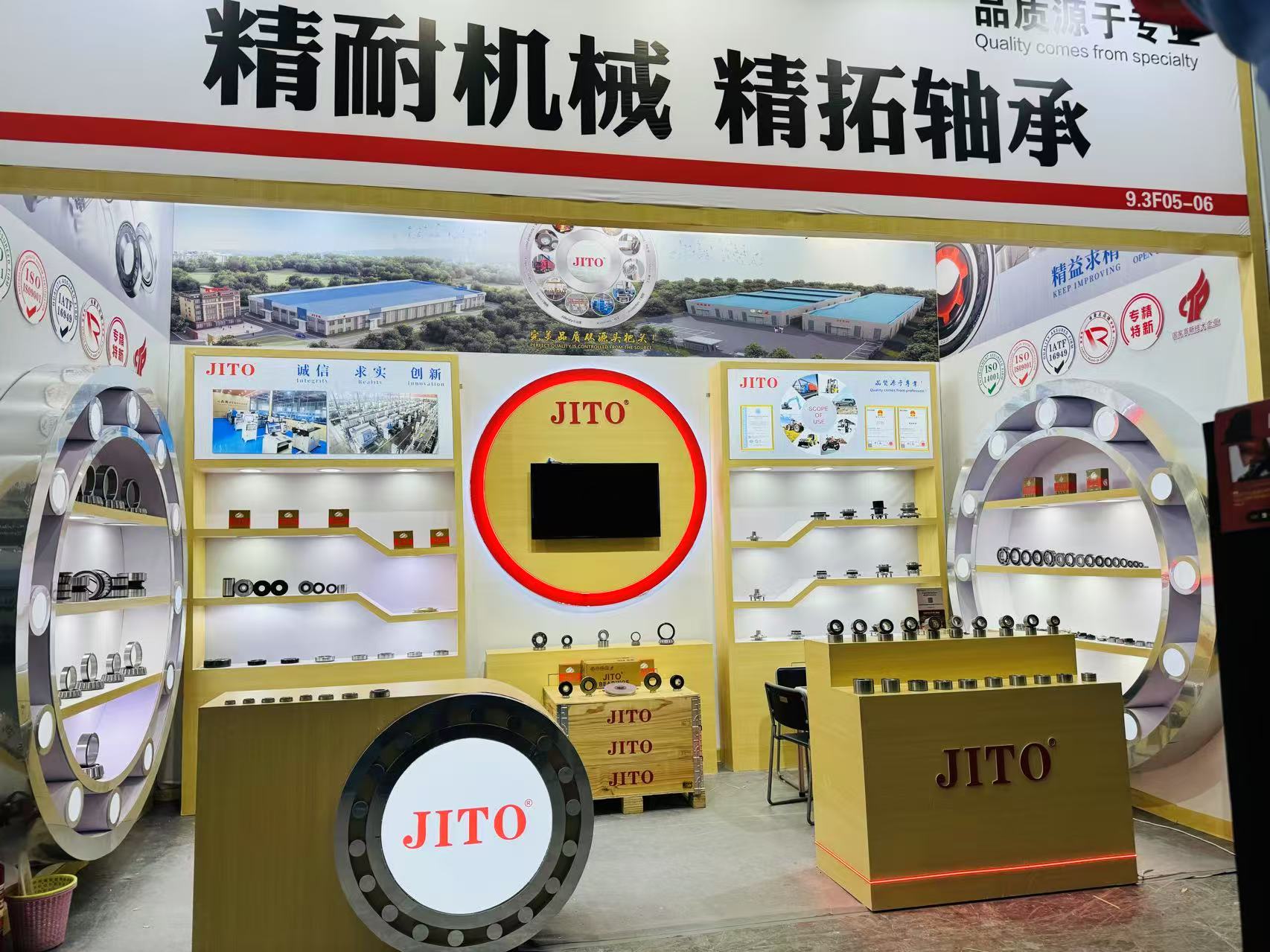
In the foreign trade dilemma, bearing exports face many challenges, mainly including the following aspects:
1. Trade barriers:
◎Anti-dumping measures: With the rise of international trade protectionism, some countries such as the European Union, the United States, and Russia have implemented anti-dumping measures on Chinese bearing products and imposed high tariffs, which has led to rising product costs and weakened the competitiveness of Chinese bearings in the international market, thereby reducing market share and corporate profits.
◎Technical barriers: Developed countries have higher standards and patents in bearing technology. Some countries will conduct anti-dumping investigations on bearings on the grounds of technical barriers or intellectual property issues. At the same time, importing countries may have higher requirements for the raw materials, production processes, and technical levels of bearings. Enterprises must meet relevant technical, safety, environmental protection and other standards to obtain export licenses.
◎Standard differences 7: Different countries and regions have differences in specifications, standards, and certification and accreditation systems for bearings, which increases the certification and testing costs of enterprises and also puts higher requirements on product design and production.
2. Market competition:
◎Fierce competition in the international market: The global bearing production capacity is sufficient and the market competition is fierce. Enterprises from all countries have stepped up their efforts to expand the market. In the mid-to-high-end bearing market, foreign companies have a greater competitive advantage; while in the mid-to-low-end market, there are many Chinese companies, and the products are highly homogenized. There are vicious competition phenomena such as low-price competition, which undermine the market order and compress profit margins.
◎Changes in the demand market: When the global economic growth is weak, the international market demand weakens. At the same time, the market demand in different countries and regions varies greatly, and the requirements for bearing quality, price, delivery time, etc. are different. Enterprises need to formulate differentiated export strategies for different markets.
3. Cost pressure:
◎Fluctuation of raw material prices: The sharp fluctuations in the prices of the main raw materials required for bearing production, such as steel and non-ferrous metals, will directly affect the production cost and export price of bearings, increasing the difficulty of cost control for enterprises.
◎Exchange rate fluctuations: The fluctuations in the RMB exchange rate will directly affect the price and competitiveness of bearing exports and increase the exchange rate risk of enterprises. At the same time, the political and economic instability in some countries has increased the risk of foreign exchange collection and affected the capital security of enterprises. In addition, affected by the domestic and foreign economic situation, the financing costs of bearing export enterprises have risen, which has caused certain pressure on the operation of enterprises.
4. Own shortcomings:
◎Insufficient brand awareness: Compared with internationally renowned brands, the visibility of domestic bearing brands in the international market needs to be improved, and brand building needs to be further strengthened, including brand image design, value communication, and maintaining brand reputation through high-quality products and services.
◎Product quality and technical level gap: Although the quality of Chinese bearing products has been continuously improved, and some products have reached the international advanced level, there is still a certain gap with the international advanced level in some key performance indicators such as life and precision. High-end products such as high-speed precision bearings still rely on imports.
◎Inadequate after-sales service: Bearings are precision mechanical parts. If the after-sales service is not in place, it will affect the production and use experience of enterprises in the importing country, and have a negative impact on the reputation and image of bearing export enterprises.
5. Other Challenge: Cultural and language differences may affect communication and business negotiations with foreign customers. If we fail to accurately understand the other party’s cultural background and language habits, it may lead to misunderstandings and cooperation barriers.